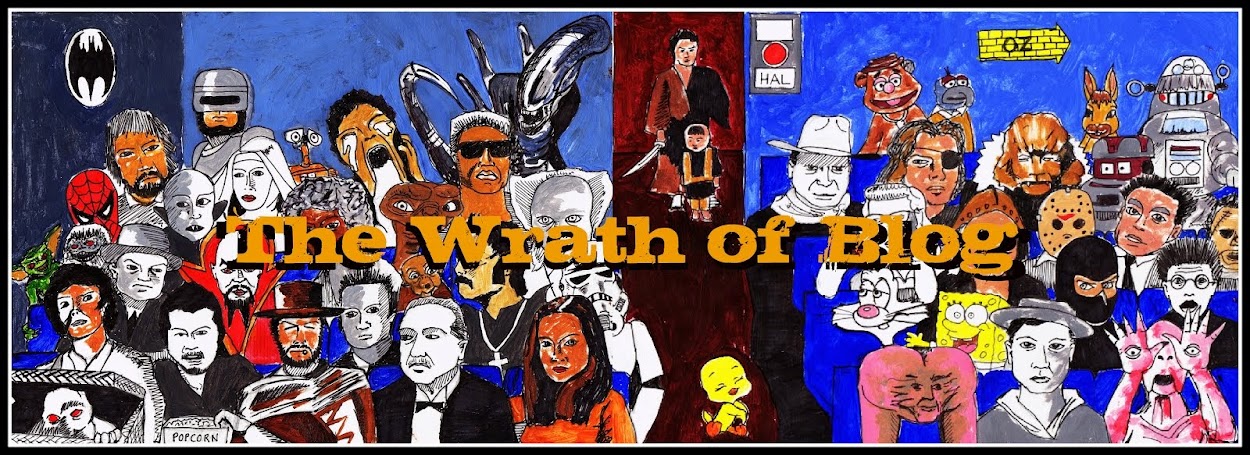 The film combines two elements clearly dear to Chazelle: The lavish musicals of the 1950s (and to a lesser degree the '40s), and pure jazz. The two wandering souls at the story's centre dream of leaving their mark in their respected fields, but both are in love with the past in industries always looking forward. Actress Mia (Emma Stone) spends time between humiliating and soul-crushing auditions serving coffee near a studio lot, where she occasionally crosses paths with a glamorous star as the rest of the room whisper excitedly. Musician Sebastian (Ryan Gosling) cannot resist ignoring the festive playlist at his restaurant haunt in favour of some improvisation on the piano - much to the annoyance of his boss Bill (J.K. Simmons) - while he dreams of opening his own traditional jazz bar. Sebastian is quick-tempered, neurotic, and plain rude, but Mia pursues him anyway. They fall in love, and express their feelings through impromptu song-and-dance routines.
The film combines two elements clearly dear to Chazelle: The lavish musicals of the 1950s (and to a lesser degree the '40s), and pure jazz. The two wandering souls at the story's centre dream of leaving their mark in their respected fields, but both are in love with the past in industries always looking forward. Actress Mia (Emma Stone) spends time between humiliating and soul-crushing auditions serving coffee near a studio lot, where she occasionally crosses paths with a glamorous star as the rest of the room whisper excitedly. Musician Sebastian (Ryan Gosling) cannot resist ignoring the festive playlist at his restaurant haunt in favour of some improvisation on the piano - much to the annoyance of his boss Bill (J.K. Simmons) - while he dreams of opening his own traditional jazz bar. Sebastian is quick-tempered, neurotic, and plain rude, but Mia pursues him anyway. They fall in love, and express their feelings through impromptu song-and-dance routines.Chazelle knows the genre inside out, and seems to favour the lavish MGM musicals and the glamorous physicality of the era's stars such as Gene Kelly, Fred Astaire and Ginger Rogers. Opening with a near one-shot song-and-dance routine, beautifully photographed by Linus Sandgren, it goes on to deliver many dazzling and classical numbers, which are often glorious to behold and backed by a soundtrack of memorable tunes that manage to stay in your head for days afterwards. They are performed admirably by the central pair, who have real chemistry. One of the few saving graces of the Amazing Spider-Man films was the chemistry between Stone and Andrew Garfield, and here she sizzles with Gosling. It's the movie's main strength. Rather than merely go through the motions and familiar tropes, you really want them to be together. You can truly feel their happiness every time they see each other.
La La Land stutters when exploring deeper, more complex themes. The second act sees the two achieve some degree of success, with Mia developing a one-woman show and Sebastian joining up with a fellow musician played by John Legend in a band making waves in the world of jazz. Will Mia ultimately degrade herself in order to make it in a brutal industry that may not deserve her, and how can Sebastian, a hardcore old-schooler, be happy in a flashy group looking to move the genre forward? It seems like a poor excuse to simply tear the couple apart to experience their inevitable rough patch, and doesn't really fully explore the characters' emotional quandaries. But this slight lag doesn't last for very long, and the final moments are simply perfect. One of the great things about Whiplash was that final, heart-pounding moment of physical and spiritual triumph, and La La Land wraps up the story with grace and genuine tugs on the heartstrings. proving itself to be much more than a mere homage.
Directed by: Damien Chazelle
Starring: Ryan Gosling, Emma Stone, John Legend, J.K. Simmons, Rosemarie DeWitt
Country: USA/Hong Kong
Rating: ****
Tom Gillespie












